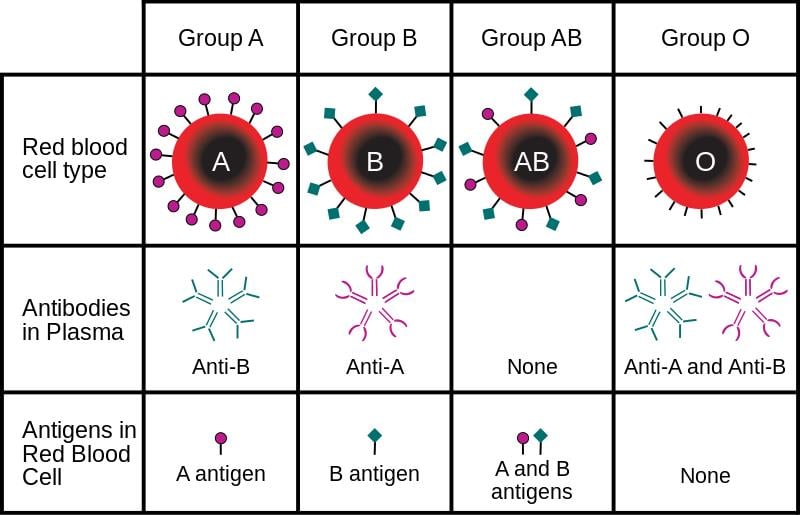The search for the Holy Grail in aging has long been a focus in regenerative medicine, which poses the question: why do some of us age better than others?
Now growing evidence in Genomic Studies shows that there are key genetic players in the Aging game…
 Ever since the Human Genome Project, which began 25 years ago, the tools available to researchers have transformed our understanding of population genetics and the complex nuances which lie within our own individual genomes.
Ever since the Human Genome Project, which began 25 years ago, the tools available to researchers have transformed our understanding of population genetics and the complex nuances which lie within our own individual genomes.
In a recent paper published in PLOS Genetics, teams from several European research centres have revealed there is indeed a tangible molecular mechanism behind the complex phenotype of ‘super longevity’ (long-life). And this has been roughly linked to certain single-nucleotide polymorphisms (SNPs – simple mutations in the code) at particular genetic locii…

In the study led by Stuart Kim at Stanford University (US), researchers looked to pool data from the other research centres also studying aging, to expand the sample group size (800 people over 100 and about 5000 over 90). This meant a large enough sample size was able to identify several key genes as a link to the ‘longevity phenotype’.
Such Genome-Wide Association studies (GWAS) also offer an unbiased means to understand the genetic basis of certain traits…
The New England Centenarian Study (NECS) led by Boston University identified 4 key genetic influences in Long-life:
1. ABO Locus
Controls blood type. The study results showed that centenarians are more likely to have the O blood group than controls. People with blood type O have been reported to be protected from coronary heart disease, cancer, and have lower cholesterol levels.

2. CDKN2B/ANRIL
Implicated in the regulation of the cell life cycle, SNPs from this region have previously been found to be associated with a surprising diversity of age-related diseases. These include cardiovascular disease, type 2 diabetes, intracranial aneurisms, amyotrophic lateral sclerosis (ALS) and several cancers in the case of Anril (through a study at the Paris Descartes University).
For cardiovascular disease, this locus shows the strongest association of any locus in the genome, with each copy of the risk allele increasing one’s risk of disease by 20–30%.
3. APOE/TOMM40
APOE was initially investigated because its ɛ4 allele was known to increase the risk of Alzheimer’s and coronary artery disease, and in the study the disease-allele was shown to be depleted in long-lived populations.
There was also a relationship between the locus and incidence of age-related macular degeneration (vision loss) and total cholesterol levels.
4. SH2B3/ATXN2
Variation in this locus has been associated with a wide variety of diseases, including rheumatoid arthritis, type 2 diabetes, coronary artery disease, blood pressure and cholesterol levels.
iGWAS analysis also showed a protective SNP against lung and pancreatic cancers and promoting good bone mineral density. SH2B3 specifically encodes a signaling protein, and loss-of-function mutations in the invertebrate equivalent gene (Lnk) in fruit flies (Drosophila) was also shown to result in an extended lifespan.

Generally though, the study showed that one of the genetic mechanisms for extreme longevity involves the avoidance of certain risk alleles that predisposes carriers to common diseases, including coronary artery disease, Alzheimer’s, high cholesterol and chronic kidney pathologies.
Timothy Cash of the Spanish National Cancer Research Centre in Madrid went on to explain that although no concrete evidence for predicting who will live to 100 has been pinned down, these findings still represent huge progress in the field of Aging.
“It’s the first time someone has shown that particular disease [variants] are depleted in centenarian populations“
However, the barrier to such GWAS studies for Longevity is that centenarians are obviously quite rare, and in the US only account for around 17 per 100,000 in the population (never mind those that reach 110+!).
Nonetheless, as medical and wellness continues to improve across the world, the numbers of such super-agers is also swelling to heights we’ve never seen before. Therefore studies of the mechanisms behind aging could go on to reveal great therapeutic angles of attack for chronic diseases, which plague the aging population.





